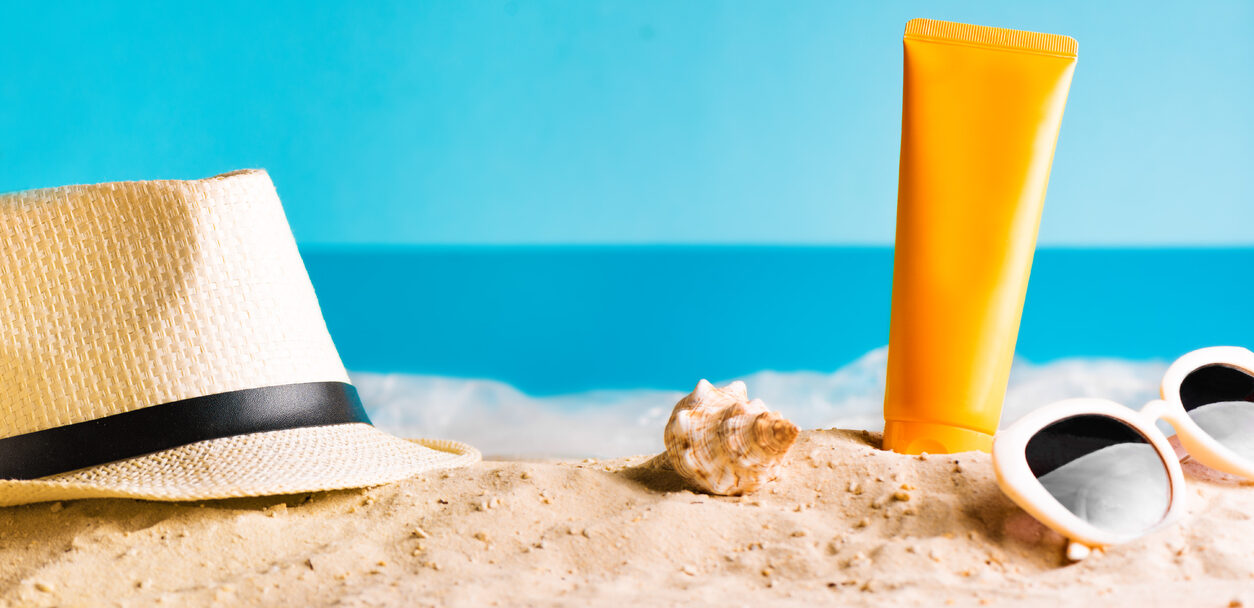During the summer, many enjoy spending time outside soaking in the sun and relaxing near water. However, accidents can happen, and the dangers are real—taking precautions to help prevent these accidents and ensure a fun, enjoyable, and safe summer is essential.
Don’t hesitate to seek medical attention if you or your loved ones suspect you are experiencing a medical emergency. With a commitment to shorter wait times and affordable healthcare, Ally Medical Emergency Rooms are ready to care for you. Each Ally Medical Emergency Room is prepared to treat both major and minor medical emergencies, including heat exhaustion and stroke, severe sunburns, and dehydration, for children and adults of all ages in a safe, stress-free setting.
Sunburns
Sunburns are caused by exposure to too much UV radiation that damages skin cells and causes the immune system to increase blood flow to the affected areas. While sunburns can occur year-round and even on cloudy days, UV rays are generally stronger in the summer and need extra caution.
Symptoms
Mild Sunburns
- Inflamed skin
- Skin that feels hot or warm to the touch
- Mild pain, tenderness and itching
- Small, fluid-filled blisters
- Swelling
- Headache, fever, nausea, and fatigue if the sunburn is severe
Serious Sunburns
- Large blisters
- Blisters on the face, hands, or genitals
- Severe swelling in the affected area
- Experience worsening pain, headaches, confusion, nausea, fever, or chills
- Get worse despite at-home care
Treatment
Most sunburns will go away on their own in a few days. You can cool the skin with Aloe Vera or other moisturizers and take pain relievers for comfort. If you develop any severe symptoms, see your healthcare provider.
Seek immediate medical treatment if your sunburn accompanies a fever over 103 F with vomiting, confusion, an infection, dehydration, cold skin, dizziness, or fainting, as these can indicate that a heat stroke or severe dehydration is occurring in tandem with the sunburn.
Prevention
- Avoid sun exposure between 10:00 AM and 4:00 PM
- Use sunscreen often and generously, reapplying every 2 hours or after swimming or getting sweaty
- Wear sunglasses when outdoors
- Seek shady areas
- Use extra caution if using medications, such as antibiotics or NSAIDs, that increase sun sensitivity
Drowning
According to the CDC, drowning is the leading cause of death in children ages 1-4, but it can happen to anyone who is around water. During the summer, when people are more likely to be around water, drownings are more likely to occur. Fortunately, there are steps you can take to prevent you and your loved ones from drowning.
Prevention
- Learn basic swimming and water safety skills
- Supervise children closely
- Wear life jackets when appropriate
- Learn and be prepared to give CPR (sign-up for one of our free Ally Medical CPR classes to get certified!)
- Know the risks of natural waters
- Avoid drinking before and during swimming
- Choose swimming sites that have a lifeguard
If you pull an unresponsive person from the water, acting quickly is essential.
- Check for breathing and a pulse
- If they are breathing, call 911 and monitor the patient while EMS arrives
- If they are not breathing, check for a pulse.
- If they do not have a pulse, perform CPR, call 911 and determine if there is an AED nearby
- If they do have a pulse, perform rescue breathing
Lastly, read our Summer Safety: Heat Safety and Dehydration Blog [add the link when available] for more information on how to stay safe and healthy this summer!
Resources
https://www.mayoclinic.org/diseases-conditions/sunburn/symptoms-causes/syc-20355922
https://www.cdc.gov/drowning/prevention/index.html
https://injuryfacts.nsc.org/all-injuries/preventable-death-overview/deaths-by-month/



